“You need to fiddle about with your iron temperature to get it to the right setting, you don’t want it too hot or it will just melt the bags….”
Gillian McCann from Inverness is ever-so-gently ironing crisp packets together in her spare bedroom.
The bags of Quavers don’t crumple and melt under the hot iron, as expected.
Instead, they fuse together to create a bright-yellow ‘survival blanket’ that will soon be covering a poor soul sleeping out on the streets, or a refugee from Ukraine, this winter.
The 52-year-old B&M shop floor manager has turned her tiny flat at Hilton into a one-woman crisp packet and plastic recycling centre.
She is making thousands of blankets, ground mats, bags, pillows, and bivvy (sleeping) bags because she wants to “give people a bit of hope”.
And today she is giving The P&J a taster session in crisp bag survival blanket-making.
A feast for the eyes
The first thing you notice about Gillian’s spare room at her home on Oldtown Road is every nook and cranny is stuffed or lined with stacks of neatly folded crisp packets.
Walkers, Quavers, Monster Munch, Hula Hoops, you name it, everyone’s favourite snack is here.
Every bag has been cut open and hand-washed in hot soapy water ready for Gillian’s product line.
Time for a crisp packet ironing demo
Gillian gets her crisp bags ready to show us her technique, and as we edge closer we notice that even her ironing table is recycled.
It is made out of three sitting room doors she saved from landfill that sit on top of a chest of drawers.
And every drawer is over-flowing with woolly mitts, gloves, and hats, and toiletries that people have donated to boost her survival blanket supply kits.
Why is Gillian ironing crisp packets?
Gillian has always done good turns for charity, a habit she picked up from her mother who was always “doing something for someone”.
When Covid lockdown hit in March 2020, the last of Gillian’s six grown-up children had just flown the coop and she was feeling the side effects of empty nest syndrome.
Mindlessly clicking away online one morning, she spotted a YouTube video of a woman south of the border ironing crisp bags into lifesaving blankets and covers.
Gillian got to work.
‘Neighbours thought I was going mad’
Soon after putting her shout-out for crisp bags on Facebook, Gillian was snowed under with donations.
“Boxes were coming every second day,” she recalls.
“It was amazing.”
Many came unwashed, however, and soon she was hanging thousands of crisp packets to dry all over the outside shared garden areas.
“The neighbours were asking me what on earth was I doing, I’m sure they thought I was going mad.
“But they started helping me and there were crisp bags all over the street.”
Gillian now seeks, where possible, clean crisp bags.
Gillian also, in the initial set-up stage, had to traipse around supermarkets asking for sheets of plastic to cover the crisp bags in the blanket-making process, but this soon secured her strong supply lines.
Her workplace, B&M, donates big carrier bags which she uses to make ponchos, the posties give her their big long empty plastic bags, and primary schools also send washed and cut crisp packets by the black bin liner-load.
How many crisp packets does it take to make a blanket?
While most people can’t be further from one, Gillian routinely spends five hours on days off using her iron to make her items.
With the extra support of her friends at the Church of Jesus Christ of Latter Day Saints in Inverness, and two volunteers, she makes a range of waterproof items using the crisp packets.
These include survival sheets (ground mats), each requiring 44 crisp packets, survival blankets, requiring 75 crisp packets, bivvy (sleeping) bags, each requiring 150 crisp bags, and sack bags, using 20 crisp bags.
Crisp packets are handy for keeping the heating bill low
But her project is not just for rough sleepers.
Many people finding it hard to pay for their heating can benefit too, says Gillian.
She donates her finished products to charities and causes, including Street Friends Aberdeen, Inverness Foodstuff, and The Highlands Support Refugees.
Gillian helps first, counts the cost later
She doesn’t know how much she spends buying scissors, greaseproof paper and new irons.
Nor has she any idea how many kits she has created since starting in 2020.
All she could say was: “If I can help people I will, it’s just in my nature.”
You can contact Gillian on Facebook at the Inverness and Highlands Crisp Packet Project page.
Gillian is our November entry into The P&J’s Eco Heroes competition
She is in line to potentially win £500 for her cause.
In December, we will be asking our readers to vote for who they think deserves to win our Eco Heroes competition.
Find out more about the project, and check out all the other Eco Heroes we’ve highlighted this year below:
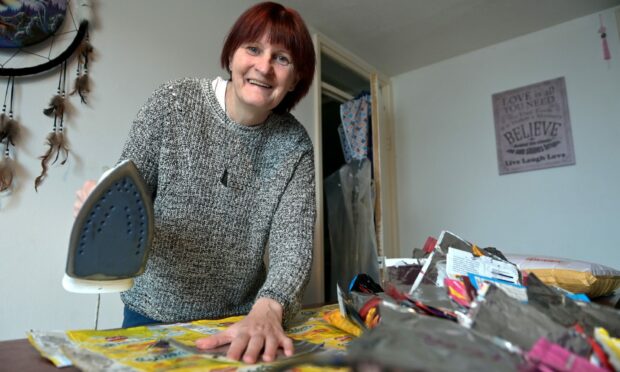
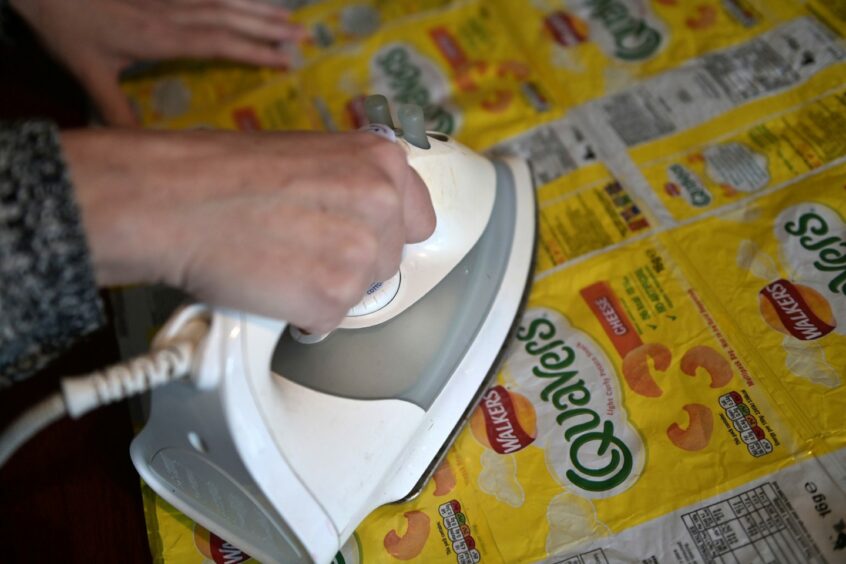
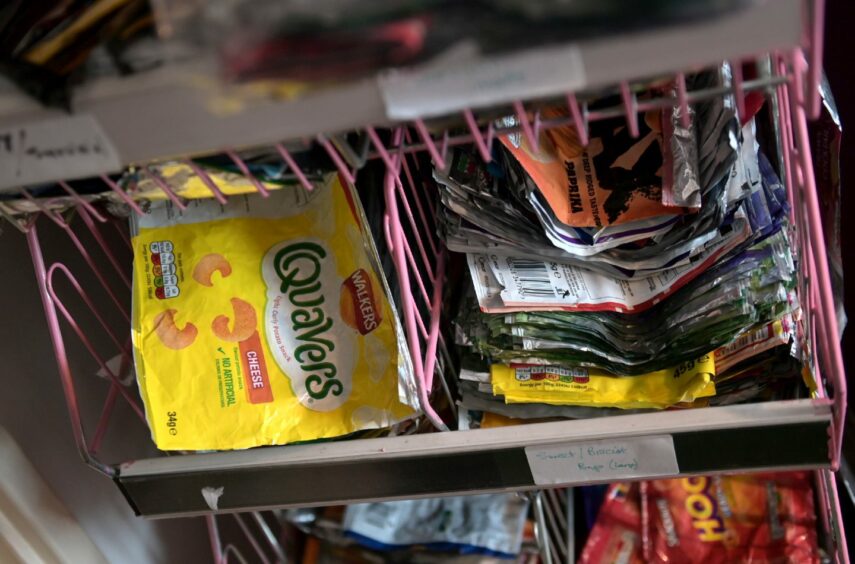
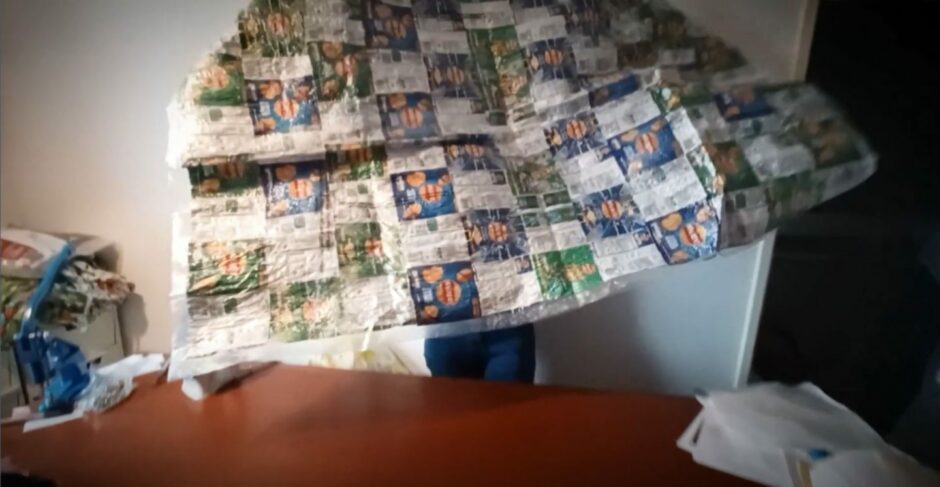
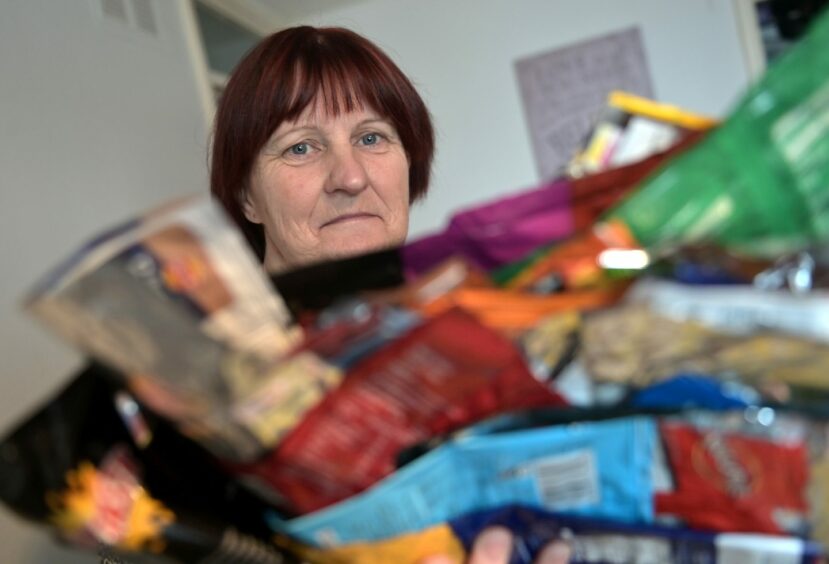
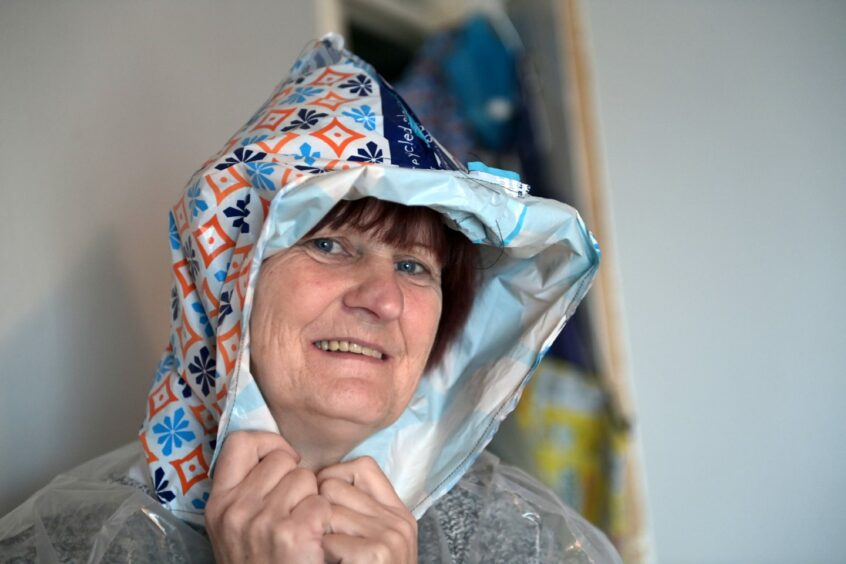
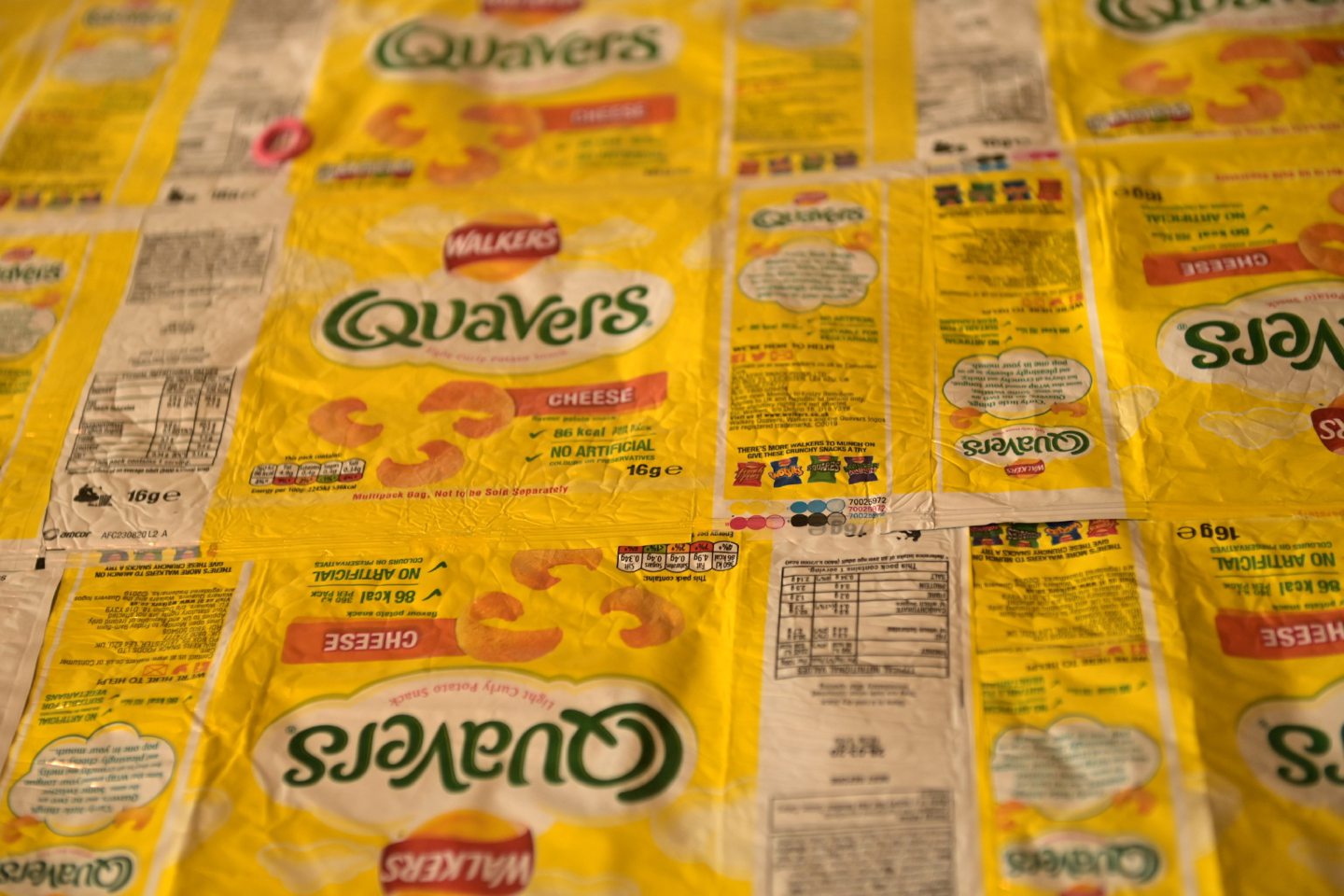
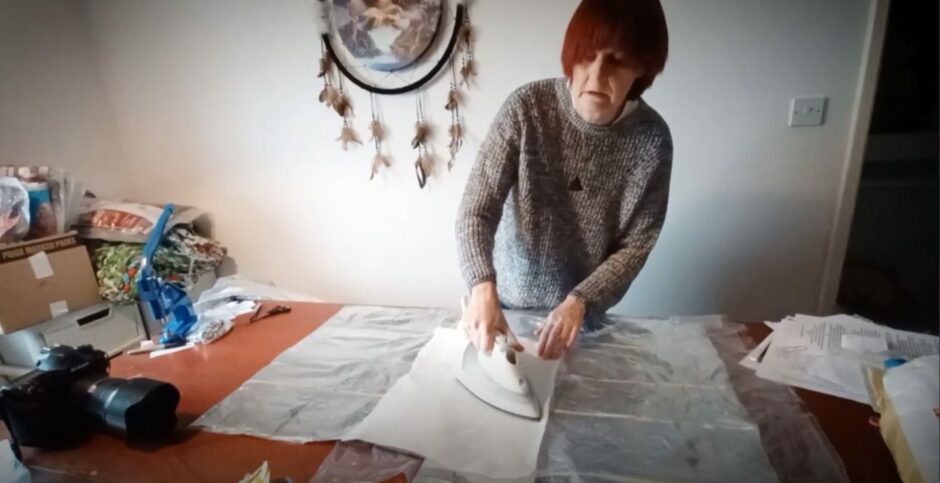
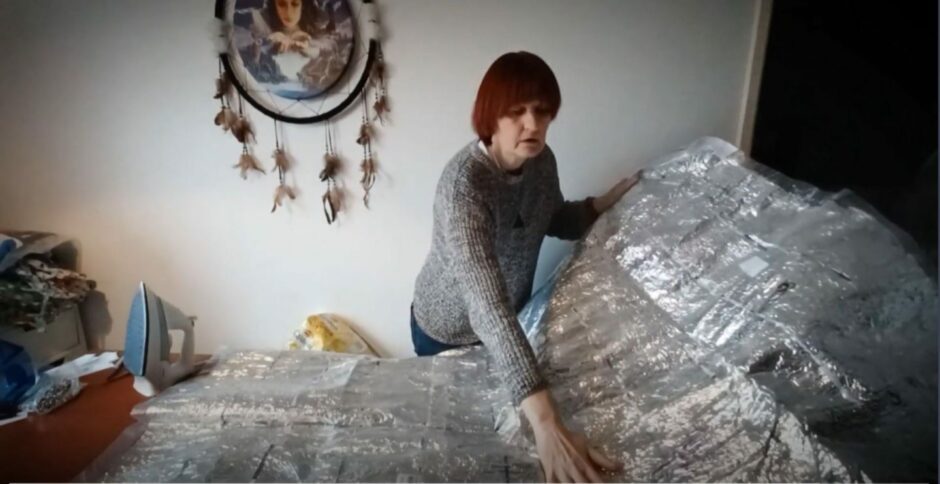
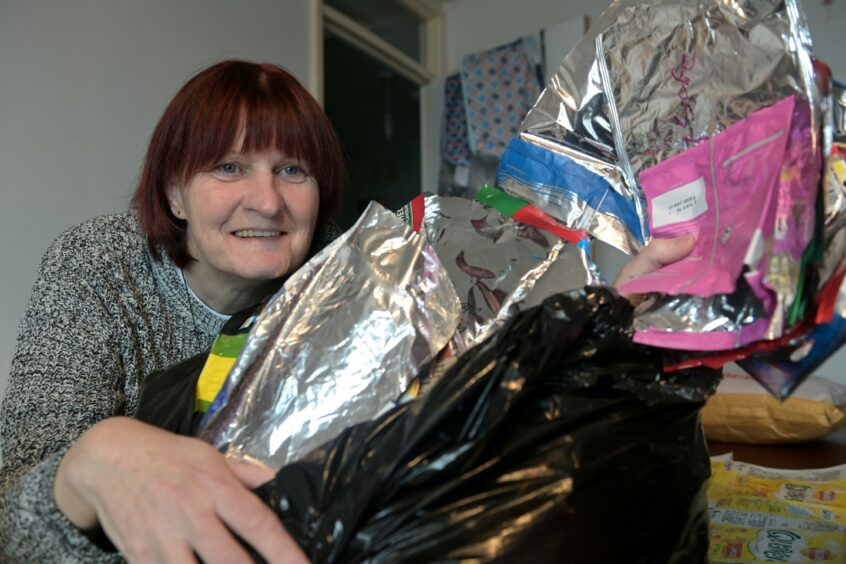
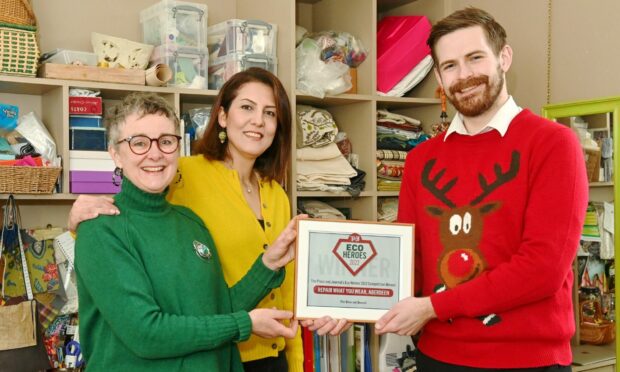
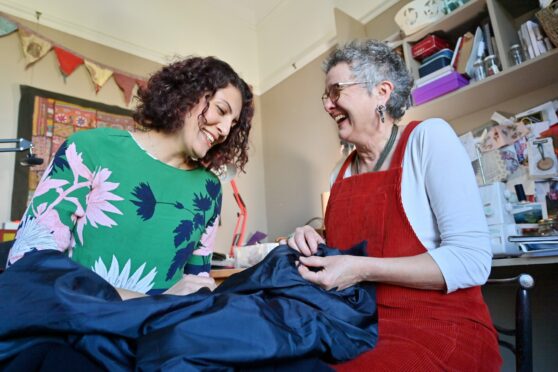
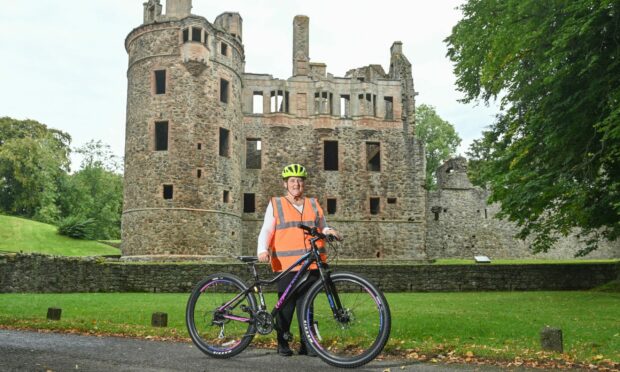
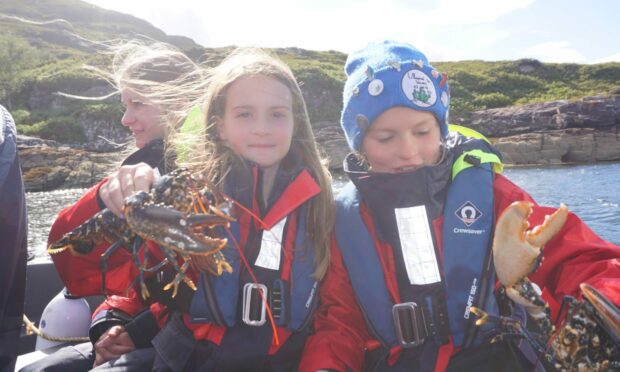
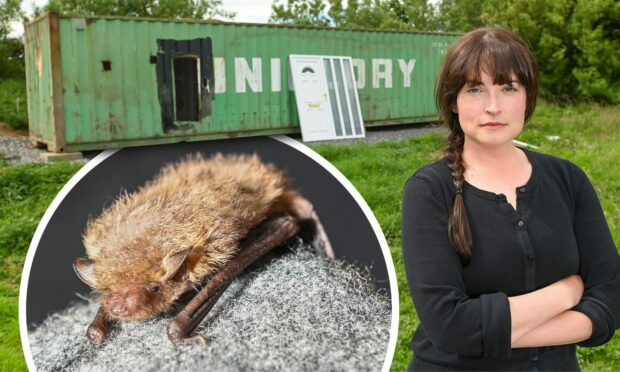
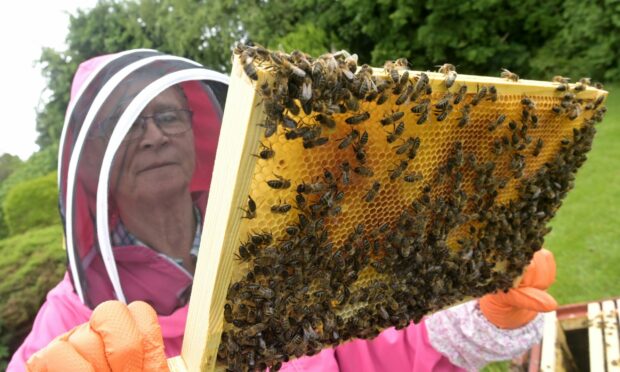
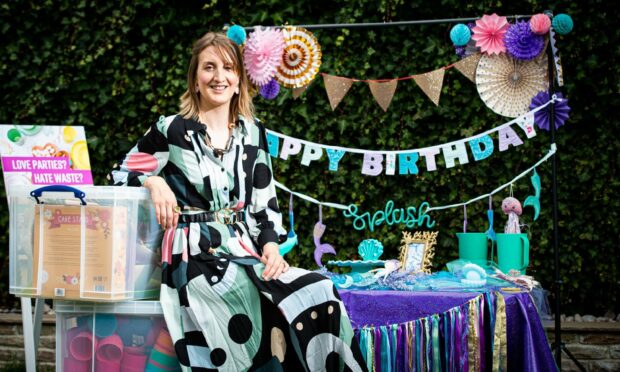
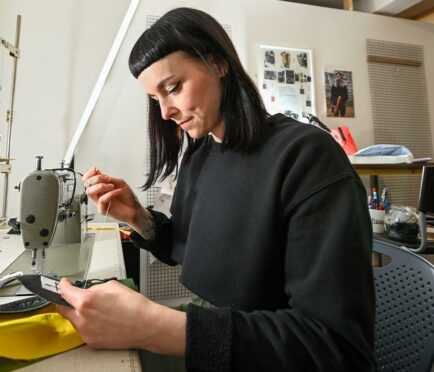
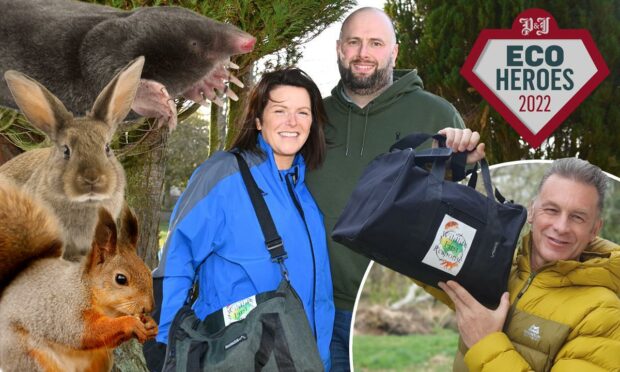
Conversation